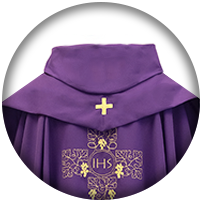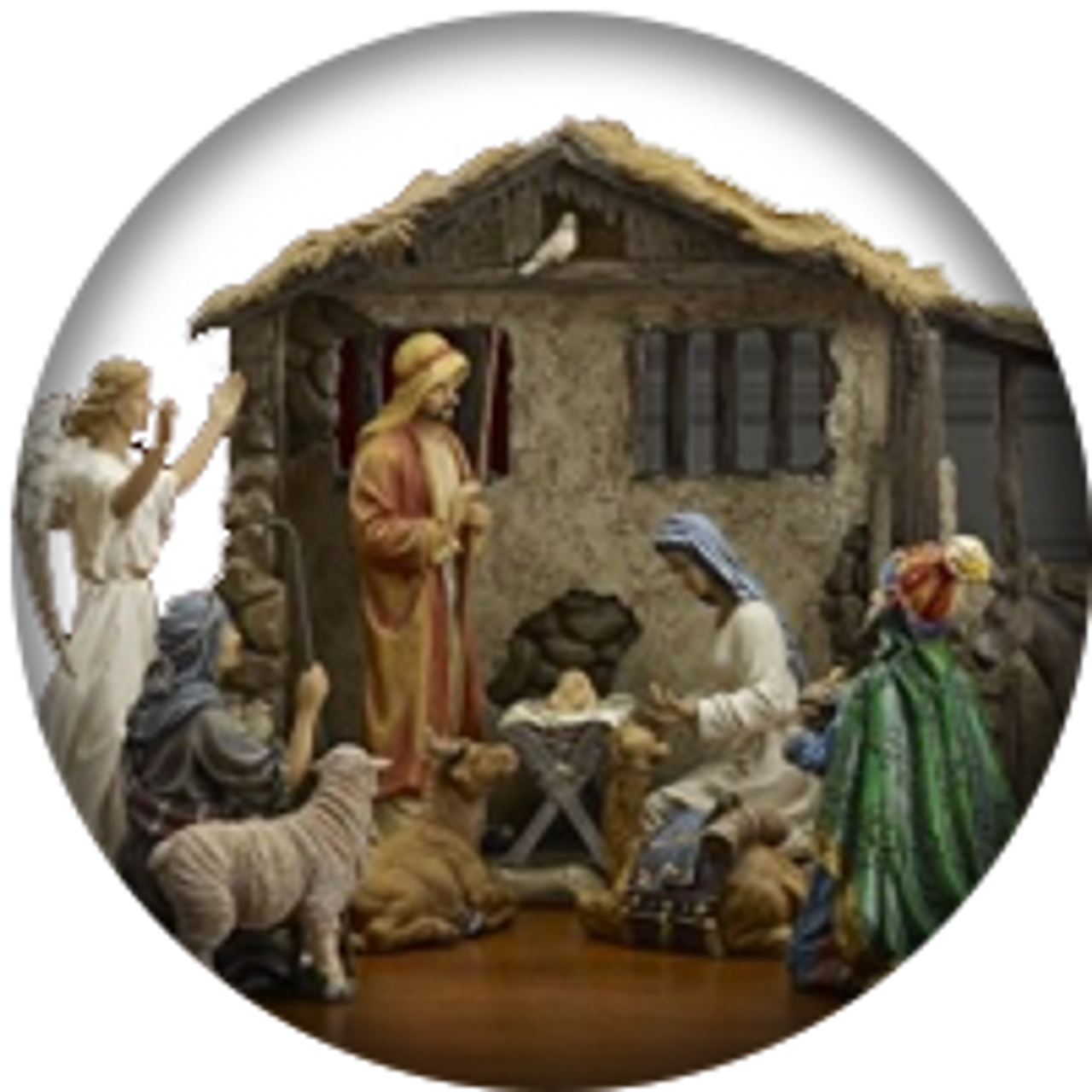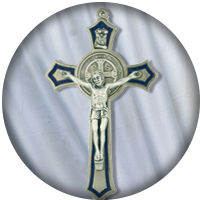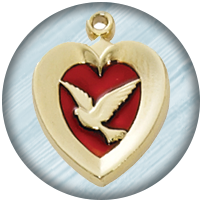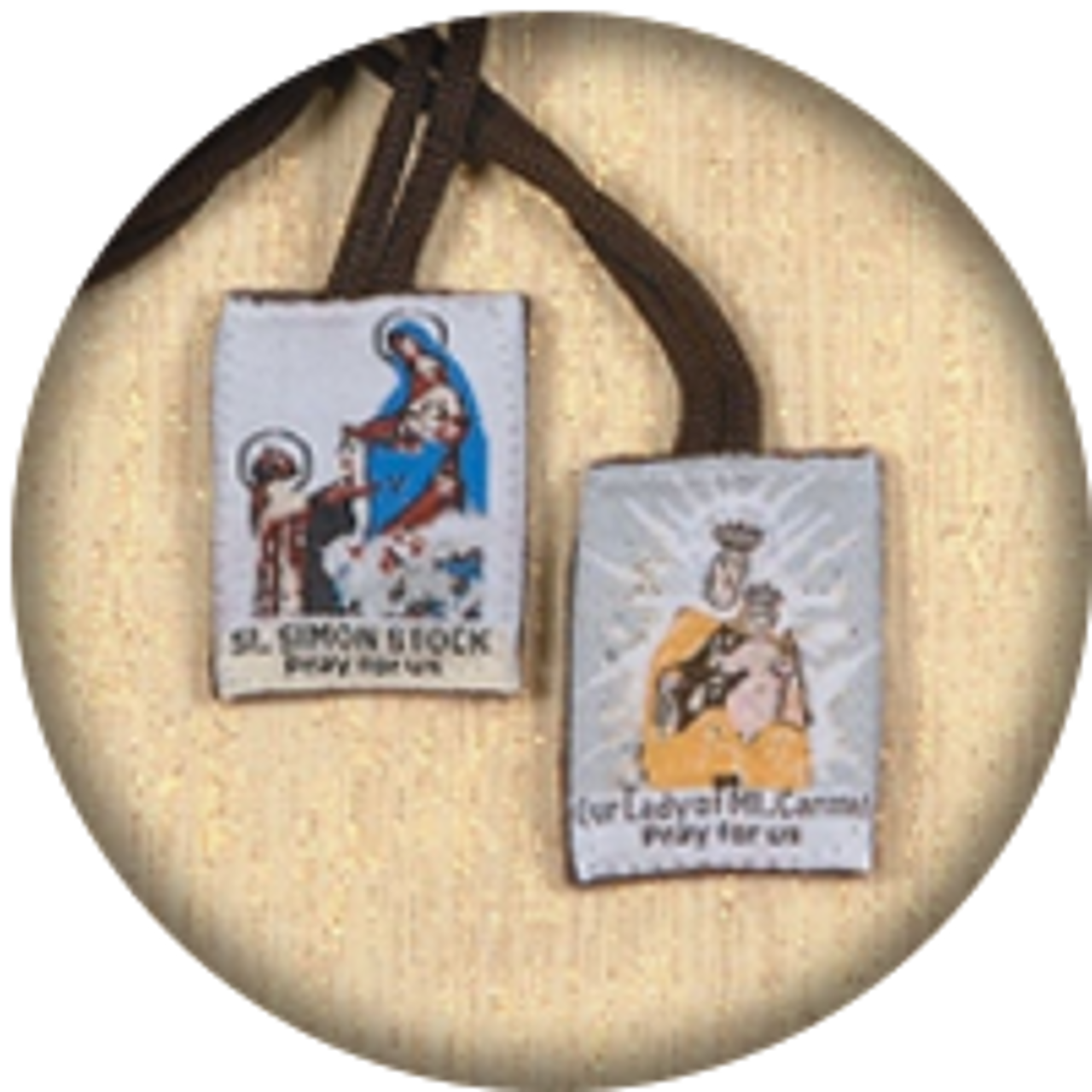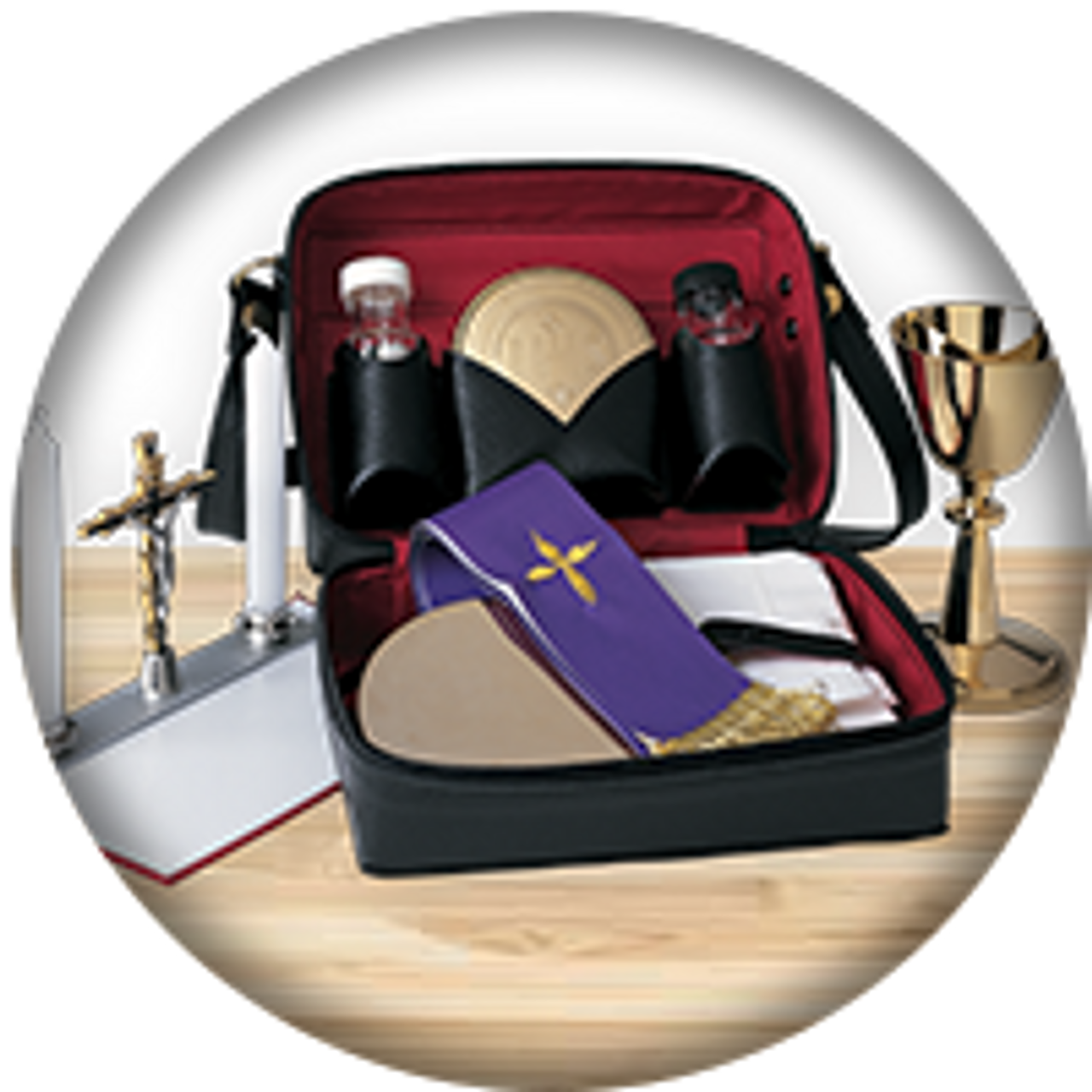ST. ANTHONY OF PADUA , FEAST DAY JUNE 13TH
Kathy Boh on 12th Jun 2019
ST. ANTHONY OF PADUA
Feast day: June 13th
(1195-1231 A.D.)
St. Anthony chose the name “Anthony” later in life, after he was received into the Franciscan order. He had witnessed the remains of the first Franciscan martyrs being carried to the Church of Santa Croce in Coimbra, Portugal—while he was spending several years studying at the Augustine abbey—and was inspired by their witness to the Saracens in Morocco.
A life journey of unexpected turns began with that inspiration. But let’s begin at the beginning…
EARLY LIFE
Anthony was born in Lisbon, Portugal of young, wealthy and pious parents. They were able to give him a cathedral education in Lisbon, and so “Ferdinand” (or “Fernando”)—his baptismal name—was equipped at the young age of 15 to go to the Augustine monastery in Coimbra, Portugal. Anthony possessed a good memory and applied himself well to his studies—scripture and theological writings. He ended up joining their congregation —the Canons Regular of St. Augustine. Altogether, Ferdinand (Anthony) was with them for ten years.
To give some background, St. Francis of Assisi had founded the Franciscan order in 1206. A few years later, some of the Franciscan brothers came to Coimbra… and then became missionaries to Morocco. Ferdinand was passionately moved to do the same, after St. Bernard and others were martyred. He was given permission by his Augustine superiors to join the Order of Friars Minor.
As we have mentioned, upon that occasion, Ferdinand took the name “Anthony”. That was the name of the friars’ little hermitage— the simple, humble home (donated by the Canons Regular) where he and the other friars lived. In answer to his fervent request and desire, Anthony was sent to Morocco within the year. The earnestly anticipated missionary work soon became an unexpected adventure. God and His ways can be quite different from our ways and plans...
At some point in the journey, Anthony became extremely ill and was sick throughout the entire winter. He needed to be sent home to recover, but… again, unexpected events intervened. The ship carrying him to Coimbra was forced off-course by a storm which landed him in Sicily. After his recovery, he was sent to Assisi, for a Franciscan general chapter meeting in May, 1221, A.D. Having been so sick, his excellent educational prowess was overlooked—but not for long.
After a quiet period of lowly service at the hermitage near Forli, Italy, Anthony went to an ordination with fellow friars and encountered an opportunity to preach. For whatever reason (a misunderstanding regarding who exactly was going to preach… or the homilist becoming ill…), no one present was prepared to give the sermon. It finally fell to Anthony to preach. Although he started in a halting manner, the Holy Spirit began increasing wisdom and releasing clarity regarding the scriptures and the truths that he had so diligently studied earlier. Many were left astounded by his sermon, and word quickly reached the ears of Francis, himself.
Francis then gave Anthony the mission to preach… and teach. Anthony’s life and work radically changed from that point on. The “mission work” that he originally desired did not find fruition on the African continent, but God’s plans and God’s Spirit moved in remarkable ways through his preaching. It stirred his heart to be able to win many to—and back to—the Lord Jesus Christ.
Prayer was emphasized by Francis, and saving souls was valued deeply by Anthony, so he never let his commission to teach theology prevent him from preaching the “good news”. Prayer took a primary position, with Anthony being found praying deep into the night. One night, Anthony was seen speaking to the Child, Jesus—conversing with Him and touching Him. Consequently, today we can observe statues of St. Anthony holding the Child Jesus.
Anthony spent years both teaching and preaching. He wrote scholarly works in 1224 and in 1230, but he is remembered by many for his outstanding preaching—frequently taking place outdoors, to accommodate crowds. Evidenced, over and over, were his spirited delivery, his sincere presentation of the truth (even regarding distortions and heresies, successfully converting some dedicated heretics), his Spirit-led gift of prophesy, and the miracles he performed. He was able to reach both the learned and unlearned… the rich and the poor… those in authority and those that were lowly.
LATER YEARS
In his later years, Anthony focused on sermons regarding reconciliation… in making peace and laying aside hatred and unforgiveness. While his primary attention was given to prayer (often “stolen” from sleep in the long night hours) and living out his missionary purpose to preach and save souls, his actions were strong in living all that he believed. While doing other priestly duties, he took opportunities to fight tyranny and injustice, even at his own personal risk. Such actions included helping to reform laws regarding debtors in Padua, and helping to free prisoners held by a tyrant in Verona.
A treasured book of Anthony’s has been carefully safeguarded in Bologna by the Franciscans there today. The story behind the book is that it is a book of Psalms that Anthony used when teaching, and it contained many of his personal notes. It was stolen by a novice that was leaving the order, but Anthony prayed that it would be found. It was returned. 1
St. Anthony then became—for centuries—the “go-to” saint for lost items. Even this writer greatly relied on St. Anthony as a child for this very reason… It is a pleasure to know that we can intercede with him for his other heart’s desires, also: saving the lost; moving the hearts “stuck” in unforgiveness; teaching the truth; understanding scripture; and preaching the “good news”.
Anthony died in Padua on June 13, 1231 and saw the Lord (as others saw the smile on Anthony's face) before he died. He was so beloved in that city that the children in the streets were crying and proclaiming that “The saint is dead”. Thirty years after his death, his crypt in Padua was opened and his body was found “returned to dust”, but his tongue was still intact. St. Bonaventure was present… and lifted the tongue… and declared, “O blessed tongue that always praised the Lord, and made others bless Him…” 2
Pope Gregory IX was so impressed by Anthony’s knowledge and presentation of Scripture that he called him “Ark of the Covenant” and proclaimed him “saint” within a year of his death. He is known as a wonder-worker, with innumerable miracles being worked through his intercession. St. Anthony received the title “Doctor of the Church” in 1946.
FOOTNOTES:
We gathered information from several books, pamphlets, and saint sources on St. Anthony, including specific footnotes from:
1 http://www.catholic.org/saints/saint.php?saint_id=...
2 http://www.newadvent.org/cathen/01556a.htm
... among other general sources read over many years.
COMING UP NEXT IS OUR BLOG FOR FATHER'S DAY.
We honor all fathers and all father figures, husbands and care-givers.
We are celebrating the occasion with a special reprint of our blog on ST. JOSEPH. His life and the particular protective care that he gave to both Jesus and Mary is an inspirational story worth some added attention.

